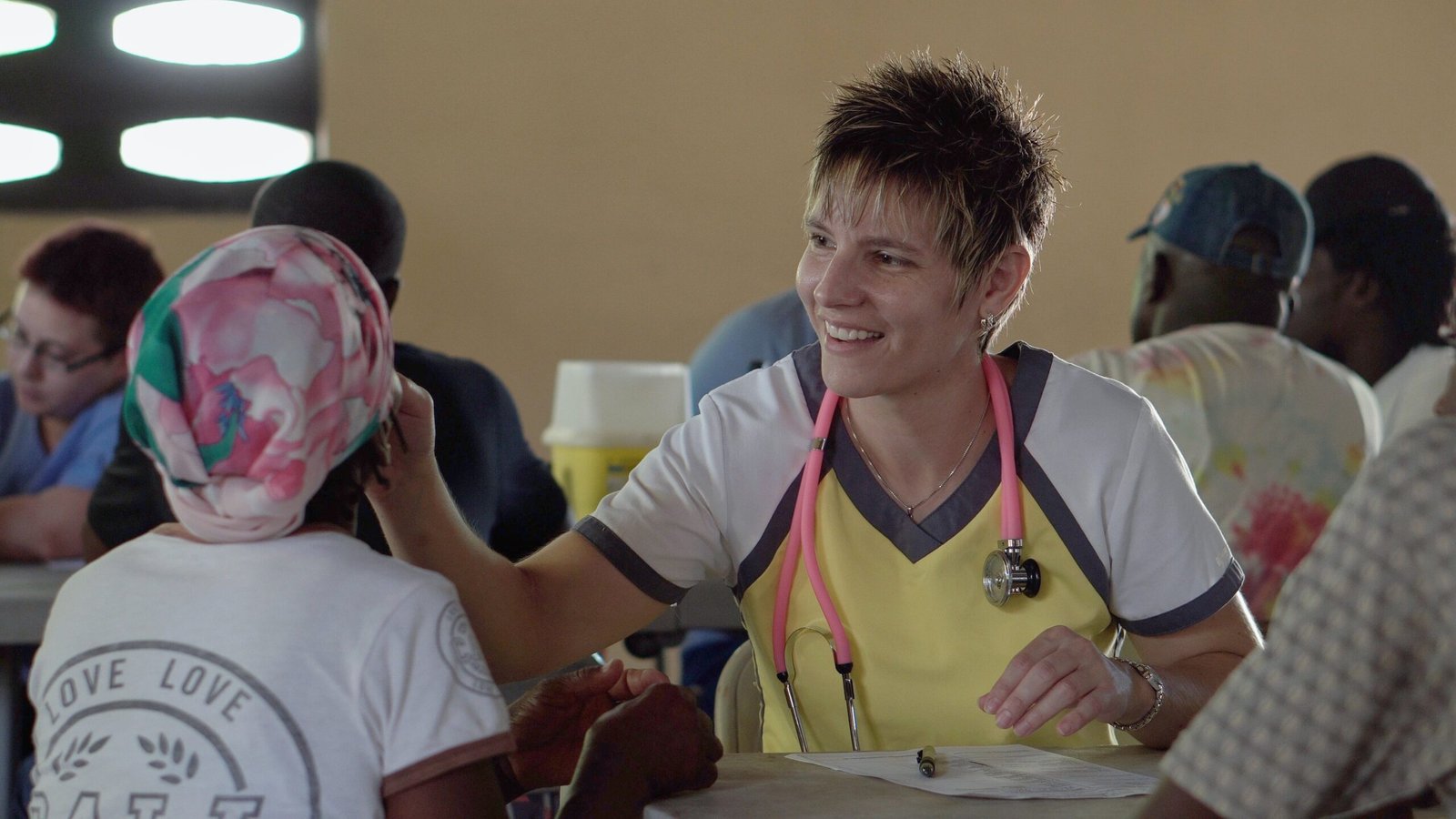Doctors Without Borders, also known as Médecins Sans Frontières (MSF), was founded in Paris on December 22, 1971, by a group of French doctors and journalists. The organization was established in response to the need for impartial medical aid in conflict zones and disaster areas. Today, MSF has grown into one of the world’s leading independent international medical relief organizations, renowned for its humanitarian work across the globe.
The founding of Doctors Without Borders was a result of the experiences and observations of the founders during the Biafra conflict in Nigeria in the late 1960s. The conflict had left thousands of people without access to medical care, and the founders witnessed the devastating consequences firsthand. They were determined to create an organization that could provide medical assistance to those in need, regardless of political, religious, or social affiliations.
The founders of Doctors Without Borders believed in the principles of impartiality, neutrality, and independence. They aimed to provide medical aid based solely on the needs of the patients, without any discrimination or favoritism. This approach was revolutionary at the time, as many organizations were tied to political or religious agendas.
In the early years, Doctors Without Borders faced numerous challenges. They had to navigate complex political landscapes, gain access to conflict zones, and secure funding for their operations. However, their dedication and commitment to their mission enabled them to overcome these obstacles.
One of the defining moments for Doctors Without Borders came in 1971 when they provided medical assistance to victims of the earthquake in Nicaragua. This was their first major international mission, and it showcased their ability to mobilize quickly and effectively in response to a disaster. The success of this mission helped raise awareness about the organization and its mission.
Over the years, Doctors Without Borders has expanded its operations to provide medical aid in a wide range of contexts, including armed conflicts, epidemics, natural disasters, and refugee crises. They have responded to emergencies all over the world, from war-torn countries like Afghanistan and Syria to regions affected by epidemics such as Ebola in West Africa.
The organization operates on the principles of medical ethics, ensuring that patients receive the care they need without any discrimination. Doctors Without Borders provides medical services such as emergency surgery, vaccinations, reproductive health care, and mental health support. They also advocate for the rights of patients and strive to improve access to essential medicines.
Doctors Without Borders relies on a network of dedicated medical professionals who volunteer their time and expertise to support the organization’s missions. These volunteers come from various countries and backgrounds, united by their commitment to providing medical aid to those in need. The organization also works closely with local communities to ensure that their interventions are culturally appropriate and sustainable.
In addition to their medical work, Doctors Without Borders also plays a crucial role in raising awareness about humanitarian crises and advocating for policy changes. They often speak out against violations of human rights and the targeting of healthcare facilities in conflict zones. Through their advocacy efforts, they aim to bring attention to the plight of vulnerable populations and push for greater accountability and action from governments and international organizations.
The founding of Doctors Without Borders in 1971 marked a turning point in the provision of medical aid in conflict zones and disaster areas. Their commitment to impartiality, neutrality, and independence has set a standard for humanitarian organizations worldwide. Today, Doctors Without Borders continues to save lives and alleviate suffering in some of the most challenging environments, embodying the spirit of solidarity and compassion.
SEO Excerpt:
The founding of Doctors Without Borders (1971) marked a turning point in the provision of impartial medical aid in conflict zones and disaster areas. Learn about the organization’s history, principles, and its impact on global healthcare.

